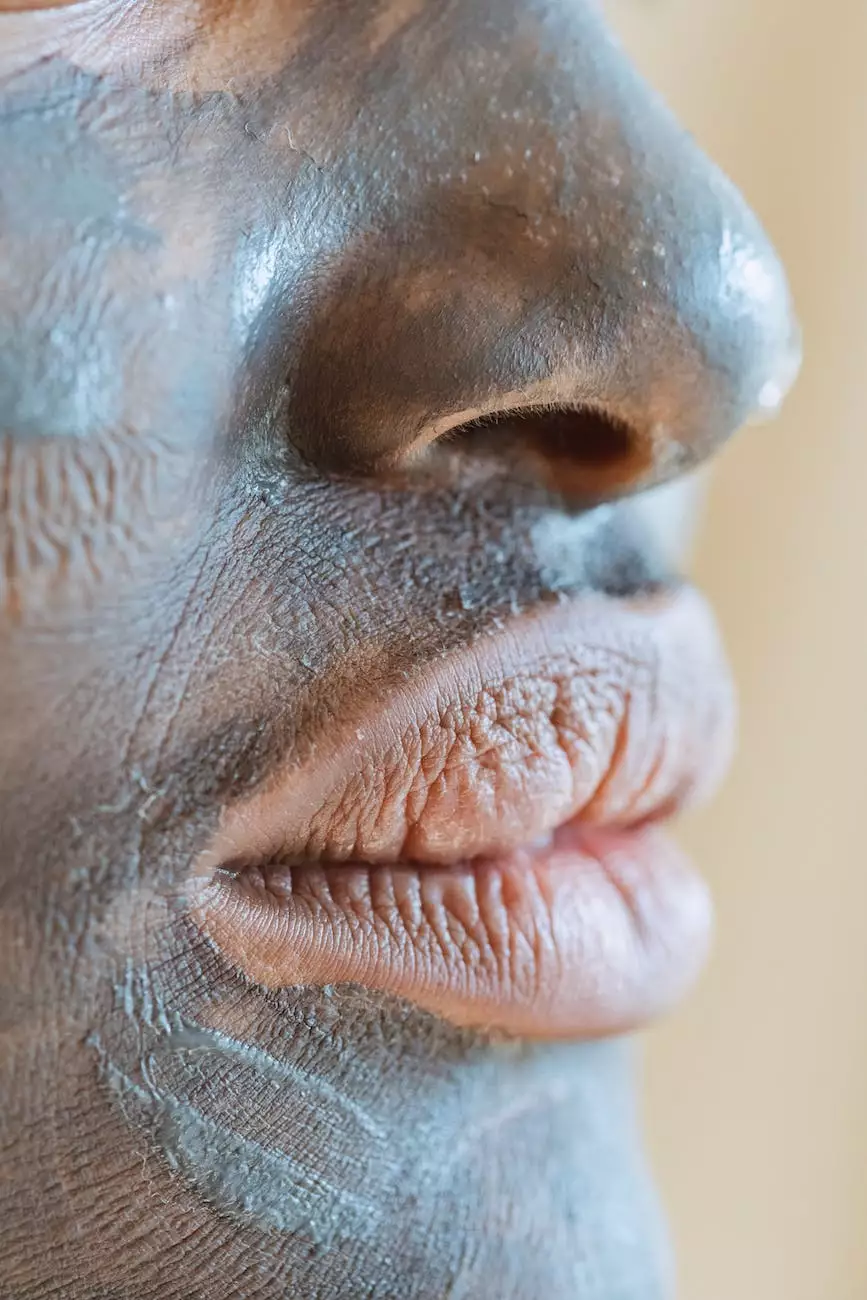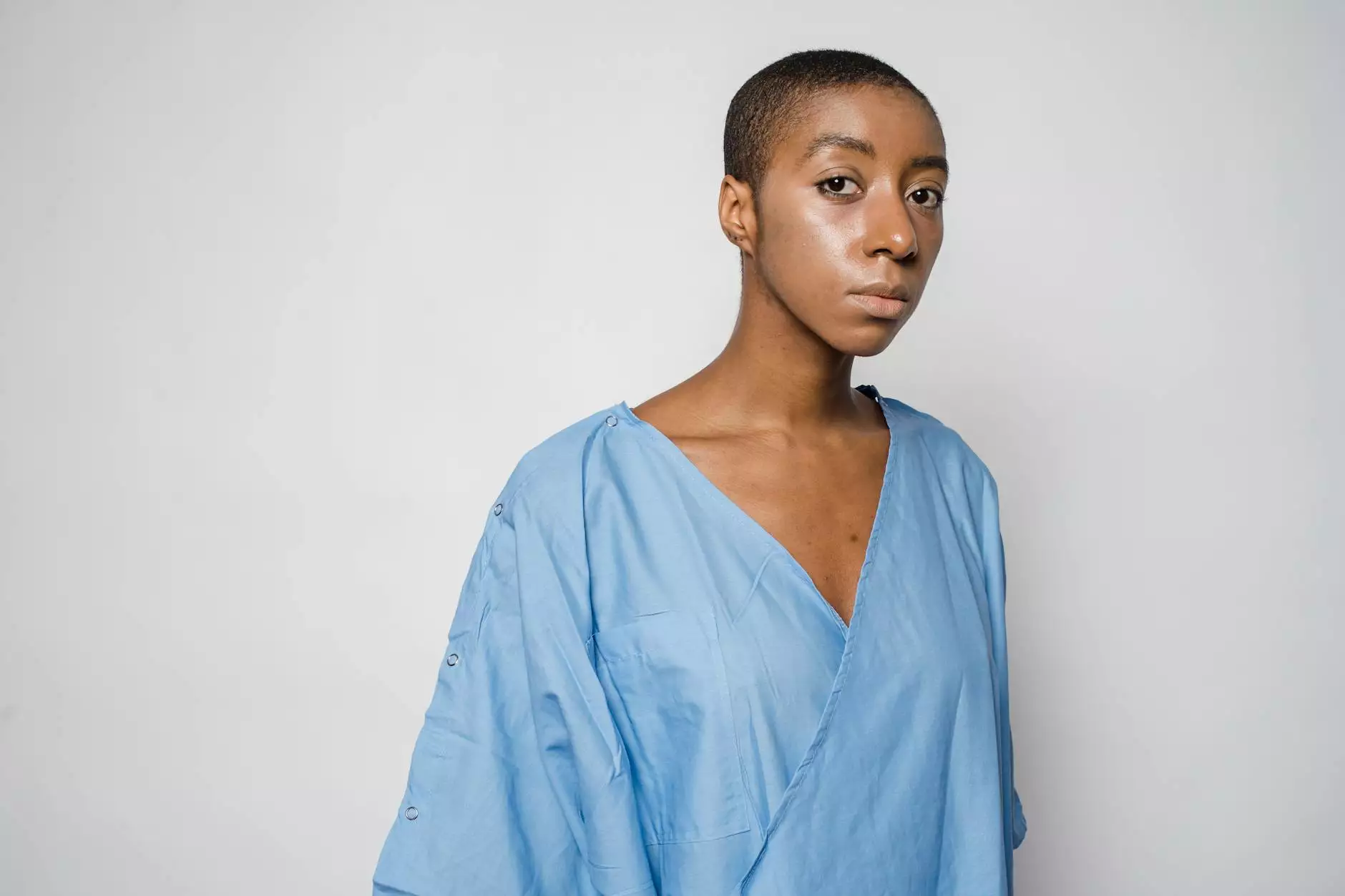What Causes a Face Rash and How to Treat It
Aesthetics
Introduction
Welcome to Benjamin Shettell, MD, your trusted source for comprehensive healthcare information. In this article, we will discuss the causes and treatment options for face rashes, providing you with expert advice to help you maintain healthy and beautiful skin, hair, and nails.
Understanding Face Rashes
Face rashes can be a source of discomfort and distress, affecting both your physical and emotional well-being. They can appear as red, itchy, or swollen patches on the skin, and may be accompanied by other symptoms such as dryness, flakiness, or the presence of blisters. These rashes can occur due to a variety of reasons, including:
Allergic Reactions
Allergies to certain substances or materials, such as cosmetics, fragrances, medications, or certain foods, can lead to the development of face rashes. Identifying and avoiding these triggers is crucial in preventing future rashes.
Skin Infections
Bacterial or fungal infections can also be responsible for causing face rashes. Conditions like impetigo, ringworm, or yeast infections can result in redness, itchiness, and inflammation on the affected areas of the face.
Environmental Factors
Exposure to extreme weather conditions, UV radiation, pollution, or harsh chemicals can irritate the skin and trigger a rash. It is important to protect your skin from these external factors by using appropriate skincare products and maintaining a healthy lifestyle.
Autoimmune Disorders
Certain autoimmune disorders like lupus, eczema, or psoriasis can manifest as face rashes. These conditions require medical attention and proper management to prevent flare-ups and minimize symptoms.
Treatment Options
When it comes to treating face rashes, it is essential to identify the underlying cause to determine the most effective course of action. Depending on the severity and type of rash, treatment options may include:
Topical Medications
For mild to moderate face rashes, over-the-counter topical creams or ointments containing ingredients like hydrocortisone, antihistamines, or benzoyl peroxide can provide relief. However, it is important to consult with a healthcare professional, like Benjamin Shettell, MD, before using any medication.
Prescription Medications
In cases where the rash is persistent or severe, prescription medications such as corticosteroids, antibiotics, or antifungal drugs may be necessary. A dermatologist, like Benjamin Shettell, MD, can assess your condition and prescribe the most appropriate treatment plan.
Lifestyle Modifications
Adopting a healthy lifestyle can play a significant role in preventing and managing face rashes. This includes maintaining good hygiene practices, avoiding triggers or irritants, using gentle skincare products, and protecting your skin from harmful environmental factors.
Alternative Therapies
In addition to traditional medical treatments, some individuals find relief from face rashes through alternative therapies such as herbal remedies, acupuncture, or stress reduction techniques. It is crucial to consult with a qualified healthcare professional before attempting any alternative treatment.
Conclusion
Face rashes can be a bothersome condition, but with proper understanding and expert guidance, you can effectively manage and treat them. Benjamin Shettell, MD, is committed to helping you achieve and maintain healthy and beautiful skin, hair, and nails. For personalized advice and treatment options tailored to your specific needs, don't hesitate to schedule an appointment at our clinic.




